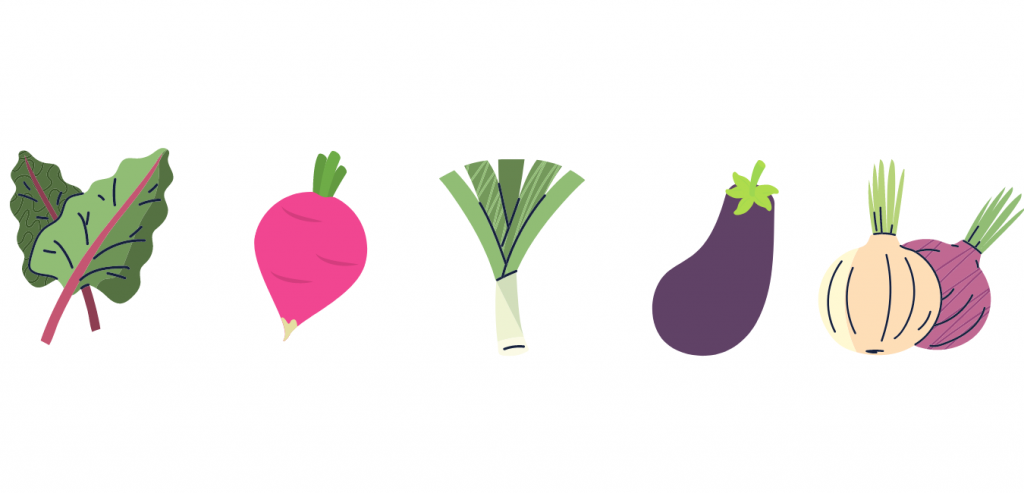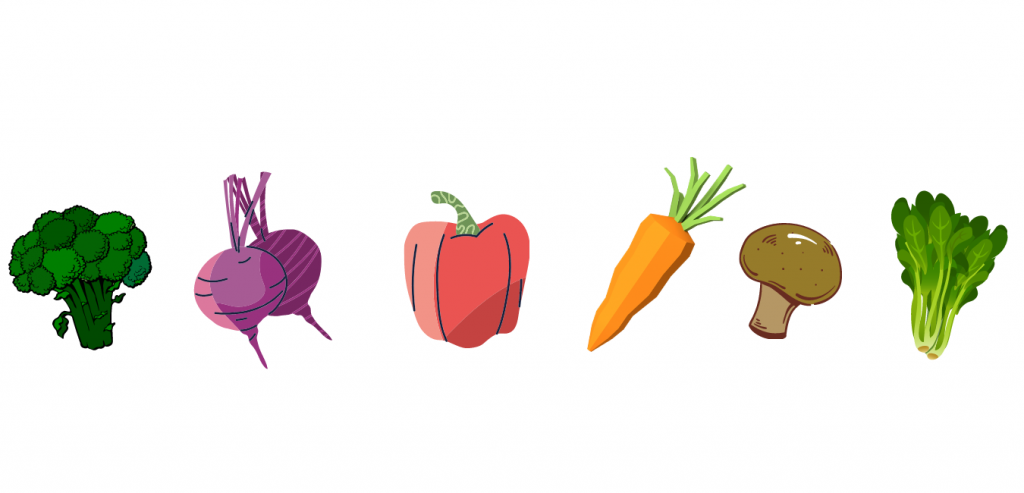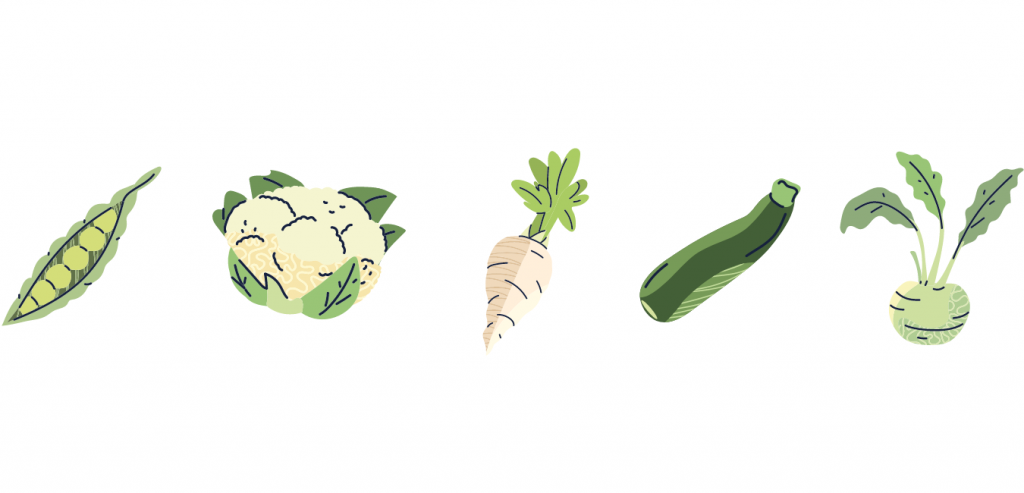Vegetables- the more the better?
Everybody assumes of vegetables that the more you eat of them, the better. When it comes to food, there are some cases when too much of a “good” thing can easily become a “bad” thing. Vegetables are some of the most nutrient dense foods, so edible plants should be a staple in every health-promoting diet.

So vegetables are good. However, eating too many vegetables could be at the root of many of your unexplained gut symptoms. Whether you’re trying to lose weight, heal your gut, or just eat more whole food, the ideal in diet culture is to fill the plate with greens or you’ll never reach your goals.
There is one thing however, that they don’t emphasize enough. Overdoing it on vegetables can do more harm to your gut than eating some processed foods on occasion would be.
Often times switching to a whole-food diet for whatever reasons means ditching bread, pasta, and sometimes overall carbs and fats. Thats when health conscious eaters turn to vegetables. Of course, vegetables are the only low calorie, filling foods that “will not interfere” with your goal. Correct? WRONG!
This kind of food-avoidance also common when someone wants to take steps in supporting their gut health. They often recommended to avoid processed foods and sugars at all costs. In the end, meat and multiple servings of vegetables at every meal are really the only thing they have left to fill their stomach with. And this is when the problems begin!
First of all, starchy vegetables are excellent sources of carbohydrates, but most veggies don’t contain much fat or protein. Therefore, on their own, they are not the perfect side dish every day, all day. Vegetables can and should be a staple in your diet but it can’t make up most part of it. You need foods that are rich in protein and fat alongside with those veggies, otherwise you could eventually develop deficiencies. Symptoms of protein deficiency can include dry skin, thinning hair, weakness, fatigue, muscle soreness, depression, anxiety, and weak immune system. Getting too little healthy fats can cause dry skin, circulation and heart problems, trouble focusing, remembering, fatigue, mood swings, depression…
Vegetables are very good for us, because they alongside with all the micronutrients, they contain lots of dietary fiber too. Fiber is the indigestible part of plant foods. Most carbohydrates are broken down into sugar molecules after consumption, however fiber can’t be broken down into sugar molecules. Instead it passes through the body undigested. There are two different types of fibers: soluble and insoluble fiber.
Both of these fibers can benefit the gut, but also contribute to gut symptoms in different ways.
Dietary fiber is associated with:
- reduced risk of heart disease, diabetes, obesity, etc..
- lower blood pressure and cholesterol
- improved gastrointestinal health
- support weight management
- more regular bowel movements

Soluble fiber dissolves in water. It includes plant pectin and gums. As it dissolves, it creates a kind of gel that can improve digestion. Insoluble fiber is the opposite- it can’t dissolve in water, and it includes plant cellulose and hemicellulose. Insoluble fiber attracts water into your stool, making it softer and easier to pass with less strain on your bowel. This way, consuming an adequate amount of insoluble fiber can help promote bowel health and regularity. Most plants contain both soluble and insoluble fiber, but in different amounts.
Good sources of soluble fiber: oats, peas, beans, apples, citrus fruit, carrots, barley, psyllium
Good sources of insoluble fiber: whole-wheat flour, wheat bran, nuts, beans, cauliflower, green beans, potatoes
Recommendations for your daily dietary fiber intake, including soluble and insoluble fibers:
| men 50 and under | 38 grams per day |
| women 50 and under | 25 grams per day |
| men over 50 | 30 grams per day |
| women over 50 | 21 grams per day |

While most Americans eat less than half of the recommended amounts of fruits and vegetables, these amounts can be far less than what a person on a whole food, clean diet eats a day.
With a porridge for breakfast, a sandwich and fruit or veggies for lunch, and a full on whole-grain dinner you can easily exceed that threshold. And it is not a problem in general. But! If you have a gut imbalance, eating lots of fiber can cause gas, bloating, indigestion, abdominal pain and bowel habits changes. These sympoms can be the result of gases released by the bacterial breakdown of fibers.
Although these symptoms are common gut conditions, so it’s not always clear that they are caused by vegetables. The only way to find out if your symptoms are the result of eating too many veggies is to reduce your intake for at least 10-15 days and see if your symptoms subside. If not, you should work with a medical practitioner to run some tests.
Along with these gut problems, the overconsumption of veggies can also result in nutrient deficiencies. This may seem counterintuitive, as vegetables are some of the best real-food sources of vitamins and minerals. But the fiber in vegetables, specifically the insoluble one, acts as a binding agent in your gut. So, consuming too much fiber from veggies can reduce your body’s ability to absorb key vitamins and essential minerals. These micronutrients like zinc, iron, magnesium and calcium, are very important as your body can’t produce them on its own.
A healthy balance
A healthy diet for both healthy and idividuals with a healht condition, is balanced. Plenty of whole grains, lean protein and good fat sources along with fruit and veggies. Do not eat vegetables as a primary side dish with your protein. Choose rice, bulgur, cous-cous, etc. and have some fresh or cooked vegetables with it. Know what is best for you. Everyone tolerates fiber differently. Some people can take more than the recommended daily amount without any gut issues. Some people might be okay with higher soluble fiber but not with insoluble. Also, drink plenty of water when consuming higher amounts of fiber.
